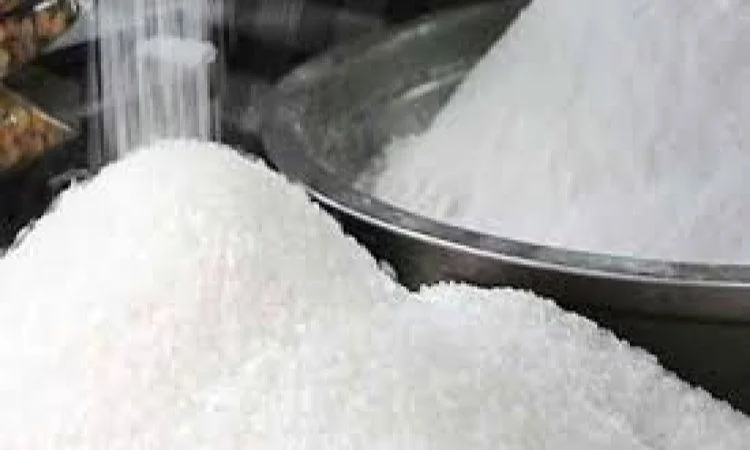The Indian government’s recent reversal of the ban on using sugarcane juice for ethanol production has come as welcome relief for sugar stocks, which witnessed significant gains in early market trading on Monday. The Food Ministry issued a fresh order allowing the critical sugarcane by-product to be utilized in making ethanol once again for the 2023-24 supply year, boosting prospects for sugar companies grappling with lower cane yields.

India is the world’s second-largest sugar producer and sugar mills play an important role in the rural economy by providing income to thousands of farmers. In recent years, encouraging the diversion of B-heavy molasses and sugarcane juice from sugar to ethanol had helped bolster revenues and margins for sugar companies facing surpluses. This helped supplement reduced sugar production and realization. However, thefood ministry’s earlier directive banning this route in December had stalled the momentum, sending several stocks spiraling down over the past couple of weeks on declining expectations.
The government move seems to have been prompted by erratic monsoon rains affecting the country’s sugarcane crop. As per estimates by the Indian Sugar Mills Association (ISMA), a trade body, India’s sugar production during the 2023-24 marketing year starting October could fall by a sharp 8% to 33.7 million tonnes compared to the previous year.
With lower yields expected due to inadequate rainfall in key growing regions, the country had also extended restrictions on sugar exports beyond October 31st to support domestic availability and prices. Allowing the use of sugarcane juice for ethanol again is viewed as a smart strategy to boost ethanol blending targets without compromising on sugar production.
As per the fresh order, Oil Marketing Companies will now issue a revised allocation of sugarcane juice and B-heavy molasses for ethanol production amongst distilleries. This provides clarity and certainty to sugar mills on unlocking additional revenues from this segment. Investor sentiments were clearly buoyed by the development, with sugar stocks surging strongly in Monday’s opening trade. Industry bellwether Balrampur Chini Mills saw its shares gain by a healthy 7.5%, mirroring the rise in Shree Renuka Sugars. Other prominent names such as Dalmia Bharat Sugar and Triveni Engineering also jumped 5-7% each.
The diversion of sugarcane products towards ethanol has no doubt emerged as an important margin and profits lever for sugar firms in recent times. As per analysts, a notable portion of the continued run-up seen in sugar stocks can be attributed to the lucrative revenues and increased capacities unlocked through the burgeoning ethanol business. Nirav Karkera, Head of Research at Fisdom, opined that “while core sugar output may not be as profitability as before, the ethanol diversification provided a meaningful boost to toplines as well as profitability for millers and refiners.” With its latest move, the government aims to encourage higher ethanol blending without significantly denting domestic sugar output or exports.
Going forward, continued support through policies will be instrumental in further raising India’s ethanol blending and production quotas. Simultaneously, the sustainability of margins for sugar companies will also depend on factors like global sugar price trends as well as adequate rainfall ensuring healthy sugarcane crops. Investors will be closely tracking industry developments and monitoring if current growth momentum fueled by ethanol can be sustained over the long-term. The reversal of the sugarcane juice ban comes as a relief for now, with the strategy aligning interests of ethanol suppliers as well as domestic sugar mills and farmers.















